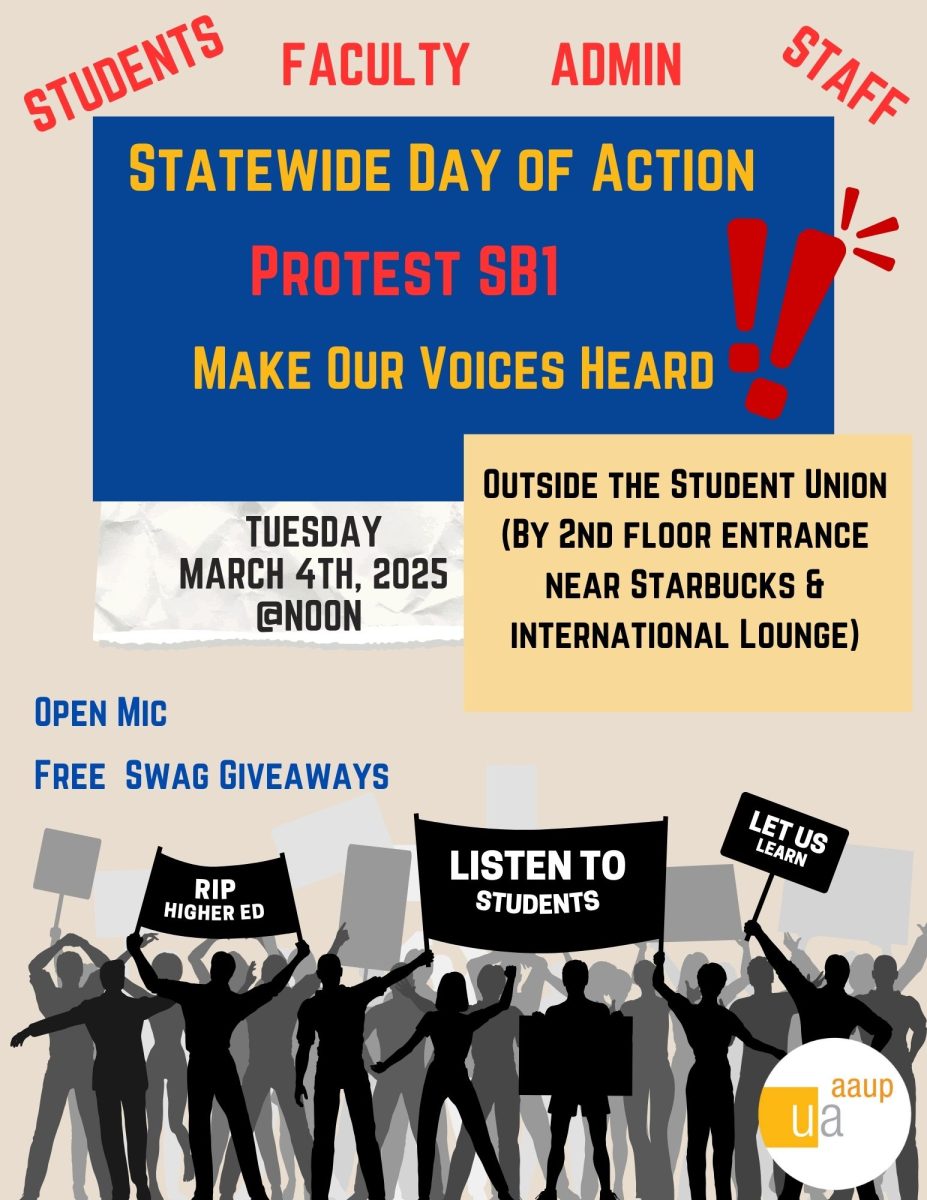Clare McKee
The Great Recession, which began in 2007, eliminated 7.9 million jobs in the United States, according to CNNMoney Online. This affected people of all ages and races nationwide, but it especially impacted the middle class, including hundreds of families in Akron.
Such immense job loss highly impacts college students all over the country as well, as they will soon be looking for a career in their field. However, as a result of decreasing prosperity in the city, it will be especially challenging to launch a career in Akron.
In 2009, the City of Akron laid off 201 people, according to the city’s website. Ohio.com reported that First Energy, which has its headquarters in Akron, laid off 56 people at the end of last year and predicts more layoffs
this year.
The U.S Postal Service, Hewlett-Packard, The Bank of America, and American Airlines, just to name a few, cut 168,000; 25,000; 30,000; and 11,000 jobs, respectively, nationwide, ohio.com reported. The recession forced these businesses, among thousands of
others, to either shut down altogether or downsize their staff in order to save money and keep their businesses afloat. Such job loss drives people
out of their homes and renders them unable to feed their families.
According to the Chi-Town Daily News, when people can’t find a job or get an education, it leads to more violence in order to make ends meet. Such violence merely perpetuates the inability to work because most people with a criminal record cannot get a job. Again, this leads them to commit more acts of crime, creating a cycle of violence.
According to the U.S Census Bureau, African Americans’ median household income in Akron decreased by 42 percent in 2010, in comparison to the 2000 census results. Elimination of manufacturing jobs is a large reason African Americans are faring worse than white Americans in Akron, specifically. Researchers say African Americans are more vulnerable to the loss of unionized factory jobs, which paid high wages without the requirement
of a college or high school degree.
According to Reuters U.S., 13.1 percent of the U.S. population is African American, making up 11.6 percent of the labor force, with nearly one in five holding a government job such as teacher, firefighter and mail clerk.
Senior student Calvin Casey, a public relations major at The University of Akron, experienced firsthand the effects of the recession as his mother was laid off from her administration job of 10 years at Cuyahoga Community College. Casey is the first of his household to attend a four-year university.
“I do feel that job layoffs have influenced me to get an education,” Casey said. “Seeing how scarce the job market is, I know I have to get a good education to set myself apart from others.”
With much of the middle class moving to Akron’s suburbs in order to avoid the increased crime rates in the city, Akron seems a difficult place to launch your career or start a family upon college graduation.
“Akron is an unfit city to establish myself. The job market is not growing, and that is not beneficial to me at all,” Casey said.








